ダイハツ純正 キャンバス LA800S タイヤ・ホイール4本セット バリ溝
(税込) 送料込み
商品の説明
ダイハツ純正
ムーヴキャンバス
LA800S
タイヤ
ホイール
ホイールキャップ
4本セット
エアバルブ新品
[タイヤ]
トーヨー
トランパスLuK
155/65R14
製造年月日
2022年13週3本
2022年27週1本
残り溝
5.01mm
5.04mm
5.41mm
6.15mm
画像確認お願い致します。
(多少の誤差は御座います)
[ホイール]
エンケイ製
14インチ
4.5J
ホイールは艶消しブラックにて塗装してから一度も使用していないのでサビなどもなく綺麗です。
ホイールキャップもガリ傷などもなく裏面も綺麗です。
画像にて判断お願い致します。
使用や洗車に伴う小傷は御座います。
北海道、沖縄、離島は送料別途。商品の情報
| カテゴリー | 自動車・オートバイ > 自動車タイヤ/ホイール > タイヤ/ホイールセット |
|---|---|
| 商品のサイズ | 14インチ |
| ブランド | ダイハツ |
| 商品の状態 | 目立った傷や汚れなし |

PF01SS 9J+60 S2000 サイズ 少し豊富な贈り物 15300円 www

バリ山?!国産ダンロップ製エナセーブ付き☆可愛いムーヴキャンバスG

バリ山?!国産ダンロップ製エナセーブ付き☆可愛いムーヴキャンバスG

バリ山?!国産ダンロップ製エナセーブ付き☆可愛いムーヴキャンバスG

バリ山?!国産ダンロップ製エナセーブ付き☆可愛いムーヴキャンバスG
新品タイヤ セット ダイハツ 純正 ホイール 4.5J-14 4/100 +45
4本セット ダイハツ 純正 15x 4.5J +45 4H100 ブリヂストン エコピア NH100C 165/55R15 ウェイク タント ムーヴ ミラ コンテ キャンバス ラ

ダイハツ ムーブ用スタッドレスタイヤ 14インチ - タイヤ/ホイールセット

スペーシア 冬タイヤ 新品 4本 155/65R14 75Q ブリヂストン VRX2 2023
新品タイヤ セット ダイハツ 純正 ホイール 4.5J-14 4/100 +45

ダイハツ ムーヴキャンバス 純正ホイールキャップ シルバー 4枚セット
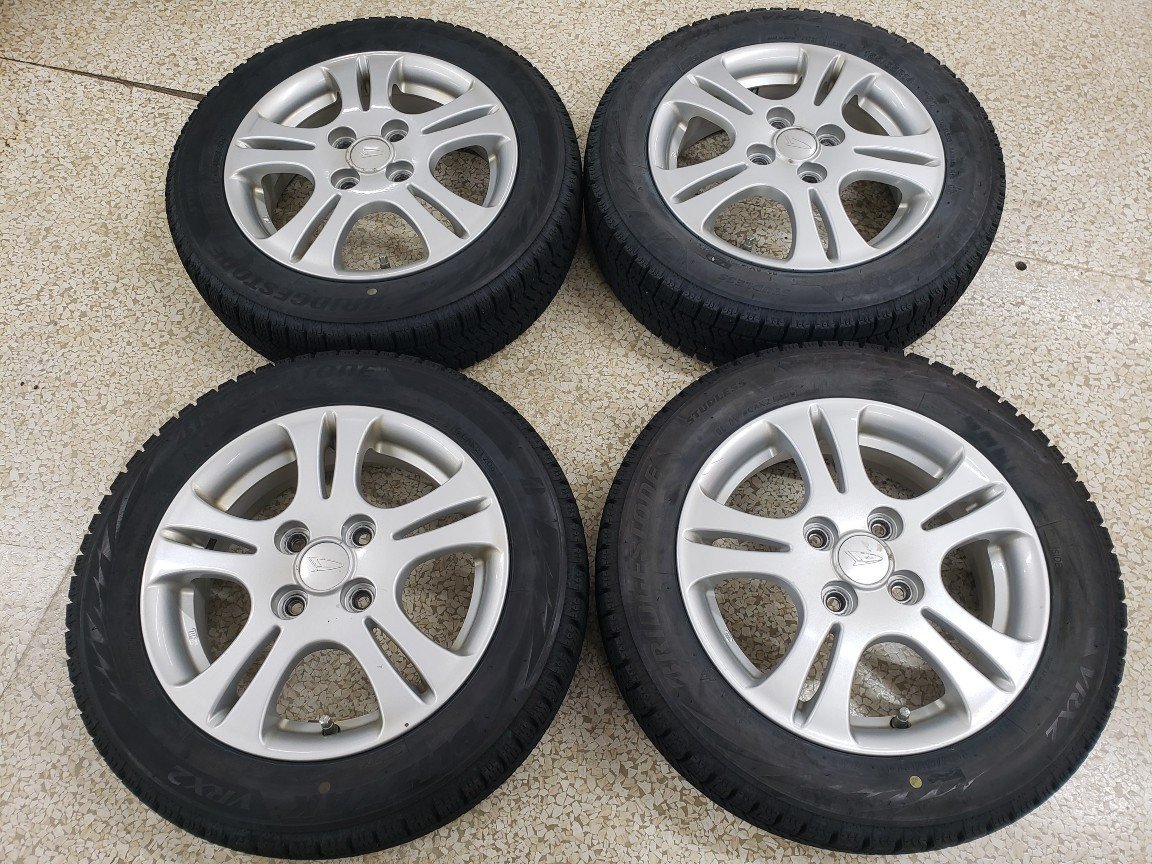
Yahoo!オークション -「ダイハツ ムーヴ キャンバス純正」(タイヤ

バリ山?!国産ダンロップ製エナセーブ付き☆可愛いムーヴキャンバスG

ウェッズ ウェッズスポーツ SA-35R 4本セット ホ...+sobrape.com.br
ミライース 4本 ダイハツ純正 14インチ4H 4穴 PCD 100 新品
タント ミラ 14インチ タイヤホイールセット 送料無料 中古 ダイハツ

Yahoo!オークション -「ダイハツ キャンバス ホイール」(14インチ
新品タイヤ セット ダイハツ 純正 ホイール 4.5J-14 4/100 +45

楽天市場】【前橋】中古スタッドレスセット ダイハツ 純正OP MINILITE
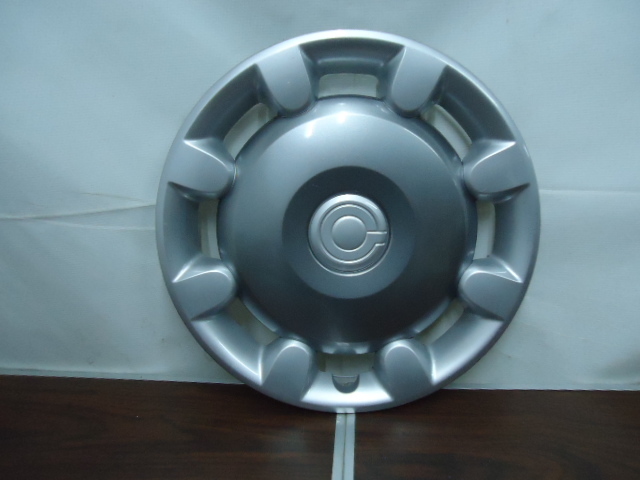
Yahoo!オークション -「ダイハツ ムーヴ キャンバス純正」(タイヤ

PF01SS 9J+60 S2000 サイズ 少し豊富な贈り物 15300円 www
タント ミラ 14インチ タイヤホイールセット 送料無料 中古 ダイハツ
新品タイヤ セット ダイハツ 純正 ホイール 4.5J-14 4/100 +45

春バーゲン☆特別送料無料! ムーヴ ホイールキャップ - k-ong.co.jp
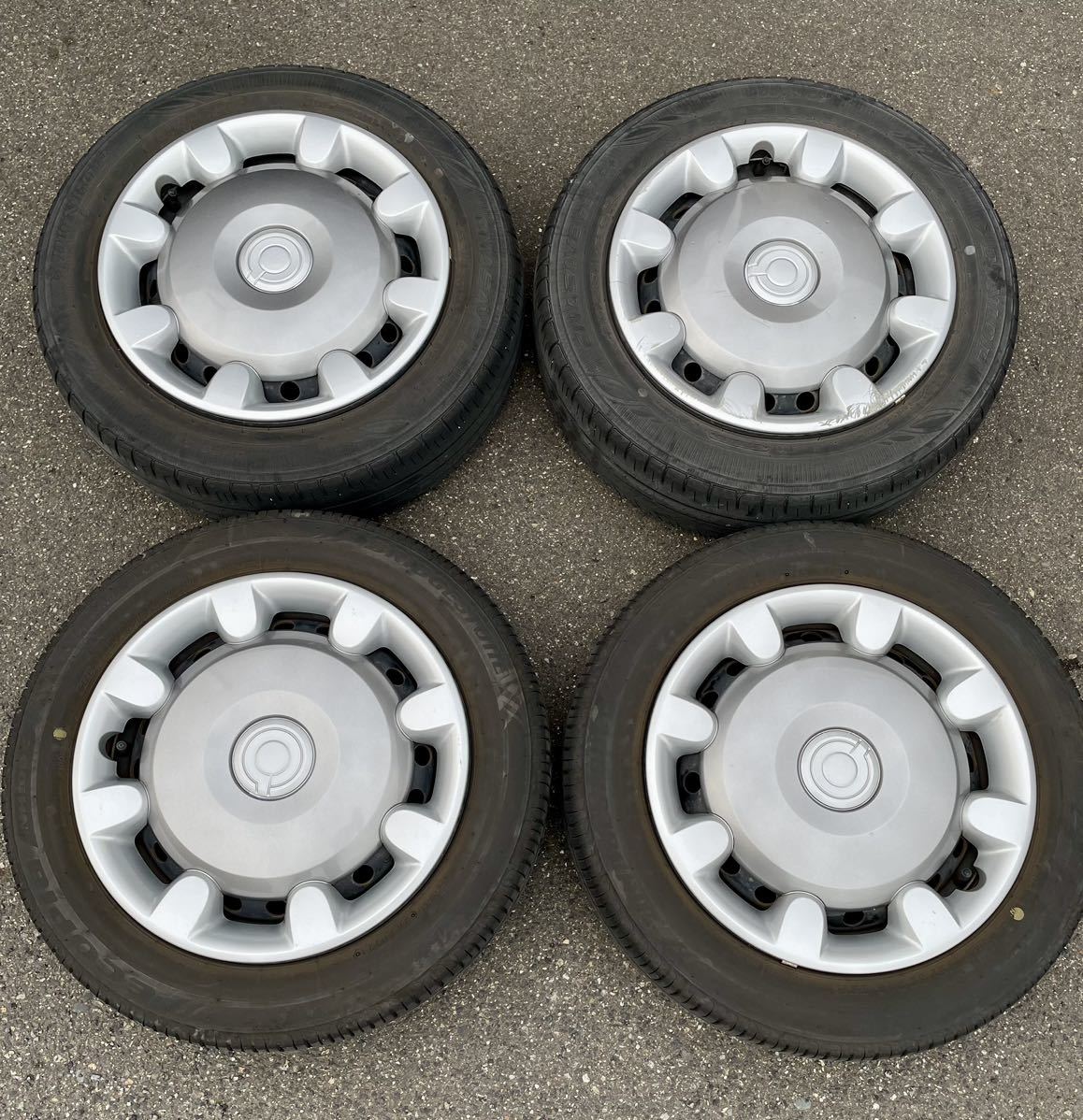
Yahoo!オークション -「ムーヴキャンバス ホイール」(タイヤ・ホイール

レオンハルト ヴィレ 20インチ セダン アルファード 深リム オリジナル

ダイハツ 自動車/バイクの通販 4,000点以上 | ダイハツを買うならラクマ
送料無料 155/65R14 ブリヂストン エコピア NH200 SPORT VENED 14

Wedsウェッズ kranze クレンツェ BORPHES ブォ...+sobrape.com.br

ダイハツ キャンバスの値段と価格推移は?|1016件の売買データから
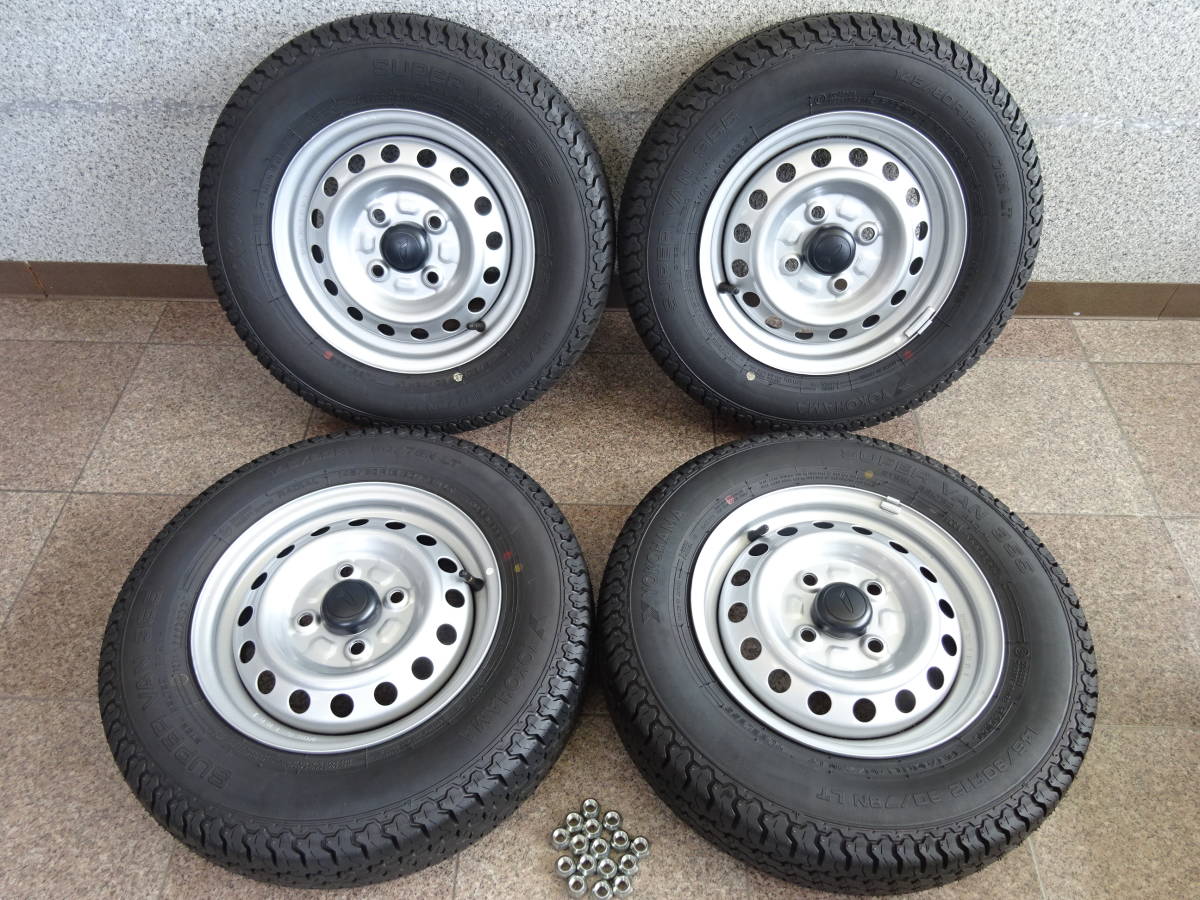
Yahoo!オークション -「ダイハツ 新車外し タイヤ」の落札相場・落札価格
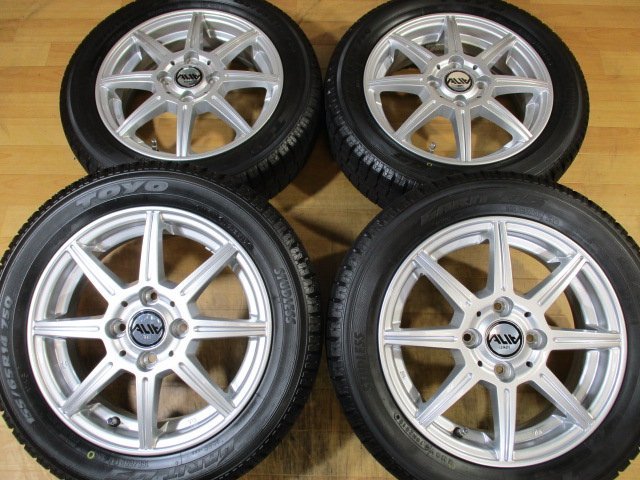
Yahoo!オークション -「ムーヴキャンバス ホイール」(タイヤ・ホイール

超特価人気送料無料 スタッドレスタイヤホイールセット 165/55R15 75Q
ミライース 4本 ダイハツ純正 14インチ4H 4穴 PCD 100 新品

ダイハツ純正(DAIHATSU) ムーヴキャンバス/LA800S 純正ホイール +

ムーヴ キャンバスの値段と価格推移は?|2430件の売買データから

ダイハツ ムーヴキャンバス 純正ホイールキャップ シルバー 4枚セット
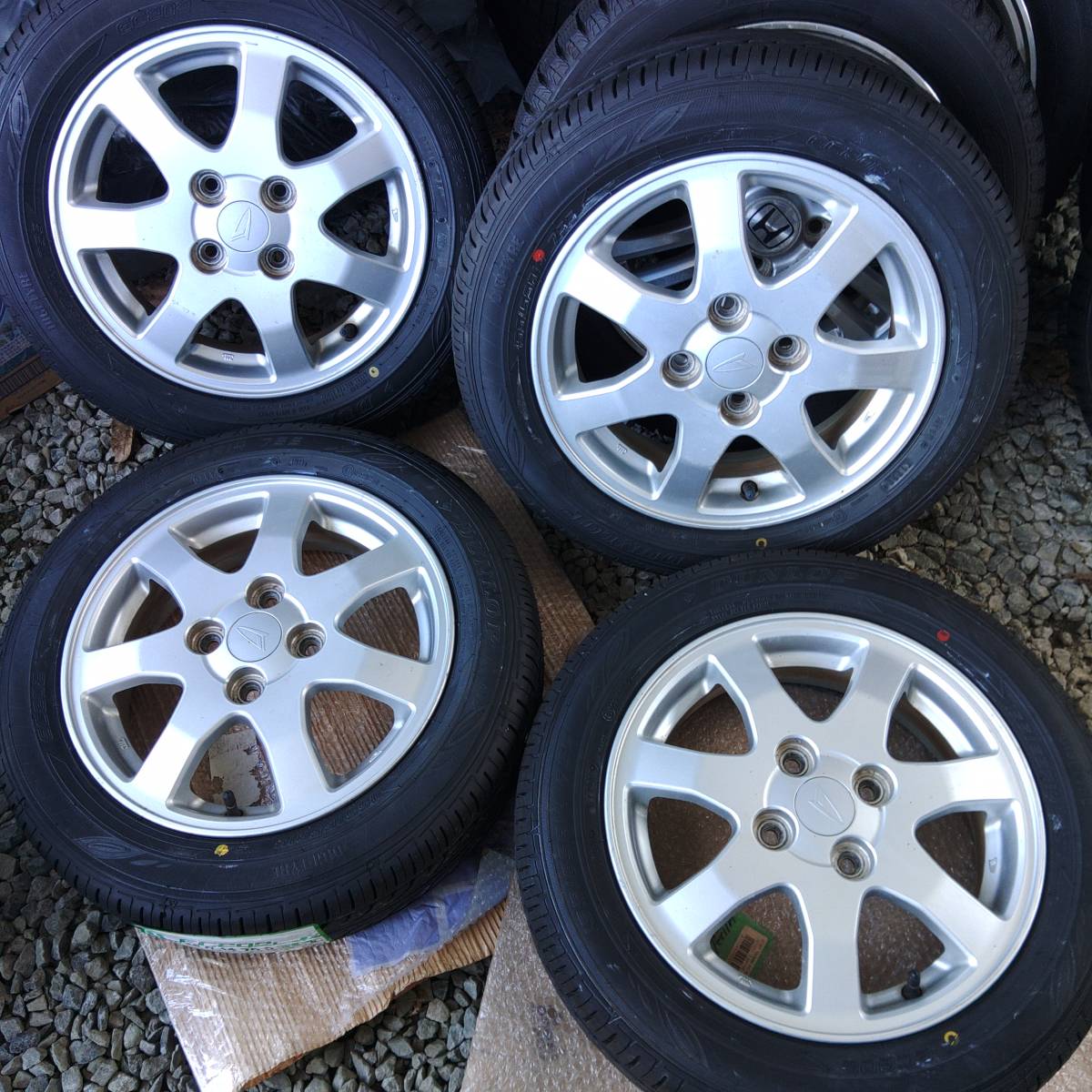
Yahoo!オークション -「ダイハツムーヴ純正ホイール」の落札相場・落札価格

ホイールカバー付の値段と価格推移は?|22件の売買データからホイール
ムーヴキャンバス(LA800S) 「タイヤ・ホイールセット交換」※前回と色








商品の情報
メルカリ安心への取り組み
お金は事務局に支払われ、評価後に振り込まれます
出品者
スピード発送
この出品者は平均24時間以内に発送しています














